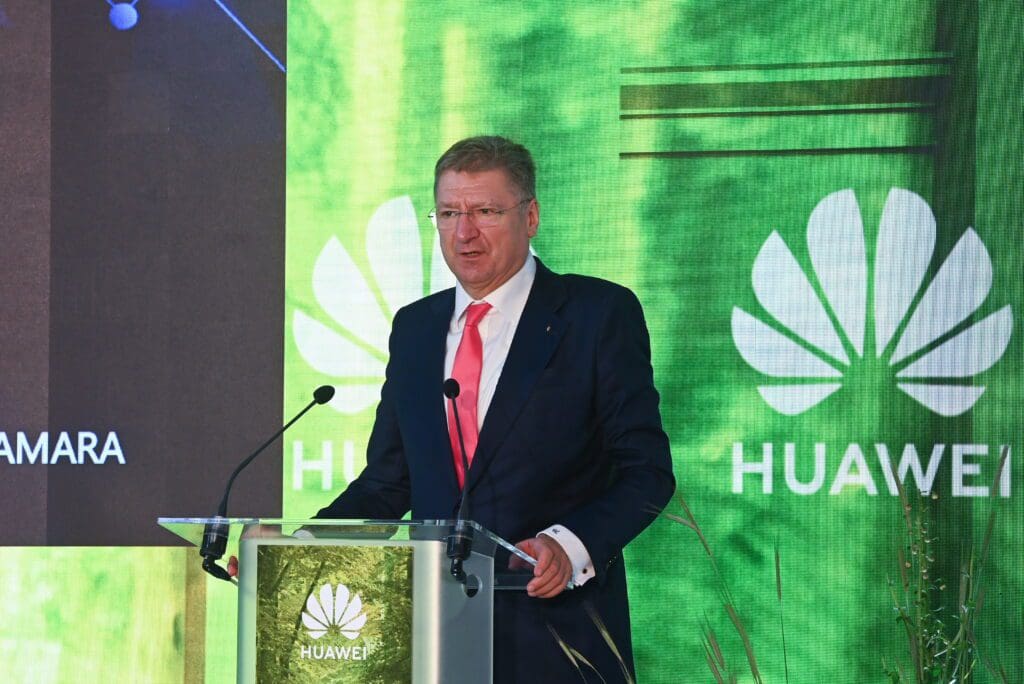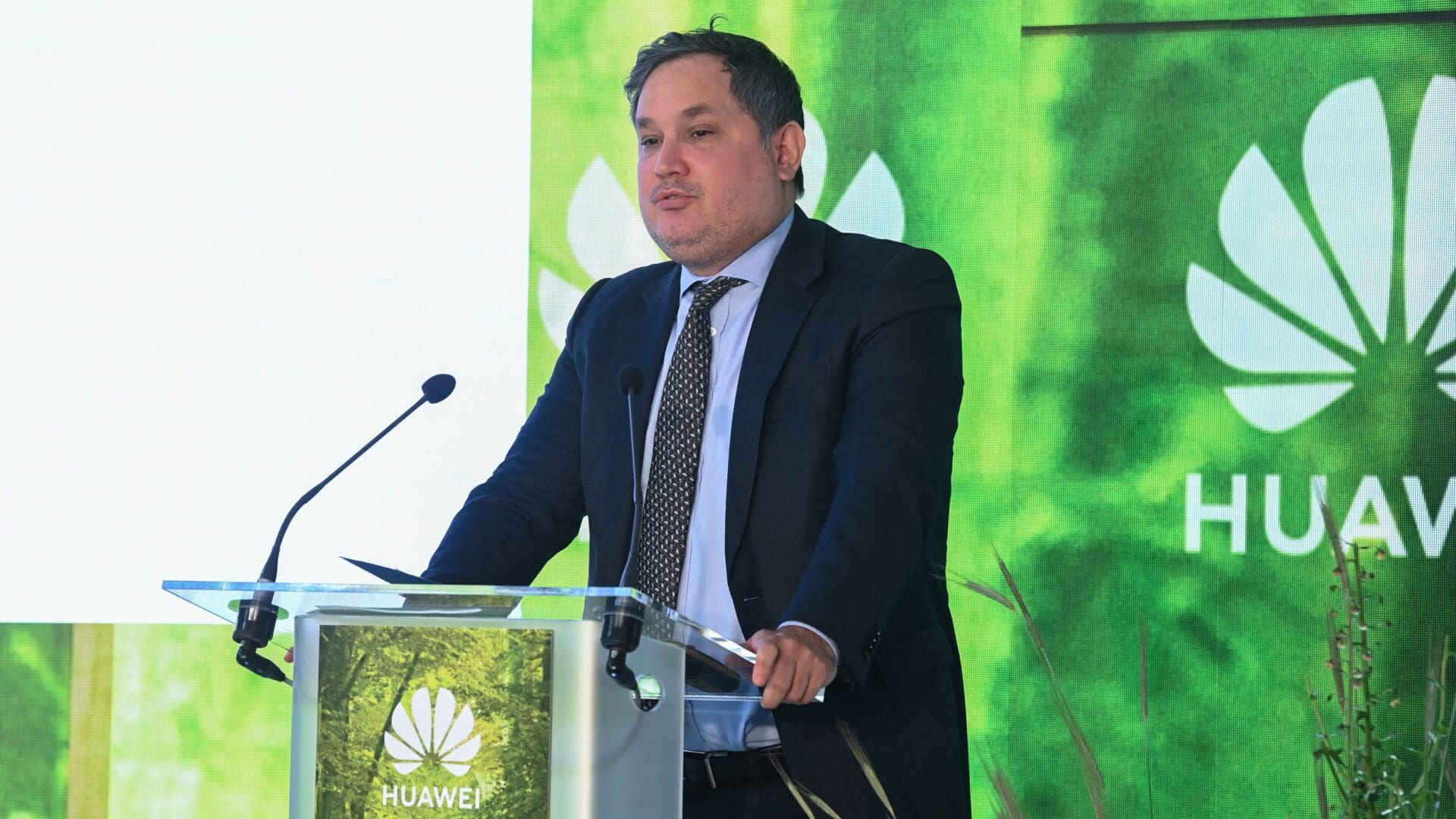The digital economy already accounts for at least 25 per cent of the total GDP today, and the use of advanced technologies such as 5G, artificial intelligence, or Big Data has become the most important breakthrough point for economies. Hungary’s goal is to advance to the top ten best-performing countries in the European Union in terms of digital economic and social development by 2030, Minister of Economic Development Márton Nagy stated at the Huawei Tech4Value — ICT Day conference.
The digital transformation of industries is not only an opportunity but also an economic sustainability necessity and a dedicated European objective. According to the proposal of the European Commission, by 2030, three-quarters of EU companies should actively apply advanced technologies such as cloud services, Big Data, or artificial intelligence. As a leading global information and communication technology company, Huawei supports the sustainable digital transformation of businesses in Hungary with numerous technological solutions and devices. At a recent conference in Budapest, key players from the government, industry, universities, and scientific community shared their experiences on the topic.
Márton Nagy drew attention to the level of digital economic and social development, stating that Hungary is below the EU average. According to the minister, the use of advanced technologies varies by industry. While the application of the Internet of Things (IoT) in certain sectors, such as logistics, is above the EU average, Hungarian companies, except for the financial sector, significantly lag behind the EU member states’ average in the use of artificial intelligence and other areas of technology.
On the other hand, the minister emphasised that the number of users of e-government services has significantly increased in recent years, and in terms of connectivity, Hungary performs the best among the Central and Eastern European countries after Slovenia. Márton Nagy highlighted that Hungary has the best values in terms of broadband access among the 27 EU member states and ranks high in the number of high-speed internet subscribers. In addition, Hungary has the second-highest proportion of employees working in a high-tech manufacturing environment.
The high-quality domestic technological infrastructure in fact enables rapid development, in line with the National Digitalisation Strategy, which has set the ambitious goal of Hungary ranking among the top ten most digitally advanced EU member states by 2030. In this regard, reliable partners representing high-quality technology, such as Huawei, play an important role, the minister remarked.
However, artificial intelligence is not yet widely used, despite the fact that certain industry sectors suffer from labour shortages. ‘I believe that artificial intelligence can work well within regulated frameworks. But without regulation, it can disrupt things,’ said the minister, adding that it is a dangerous tool and needs careful examination to determine where and how it can be used effectively.
He noted that the more digital solutions there are in the industry, the cheaper the services can become. Among the breakthrough points, he mentioned that the digital government sector has significantly improved, but further progress is necessary. ‘We are still ahead of the data reform; there are still significant synergies,’ he said.

‘Digitalisation is one of the most important goals of the Hungarian economy,’ László Parragh emphasised in his speech. The President of the Hungarian Chamber of Commerce and Industry (MKIK) added: ‘The use of advanced technologies has become the most important breakthrough point for economies. China plays a leading role in the high-tech revolution, and as a member of the MKIK, Huawei has been contributing to the digital transformation of Hungarian companies in various ways for years.’
Sun Tao, the European Vice President of Huawei Technologies’ Enterprise Business Unit highlighted that the combination of digitisation and carbon neutrality dictates a new era of economic development. Huawei, as a globally leading information and communication technology (ICT) solution provider, constantly innovates together with its clients and partners. It increasingly utilises environmentally friendly ICT tools to promote sustainable development and contribute to the creation of a modern, intelligent (smart) world.
‘However, ICT technology alone is not sufficient for effective societal and economic changes. It is the collaborations, solutions, and joint creation and application of value that can bring about real change,’ Sun Tao, the European Vice President of Huawei Technologies’ Enterprise Business Unit.
Related articles:








